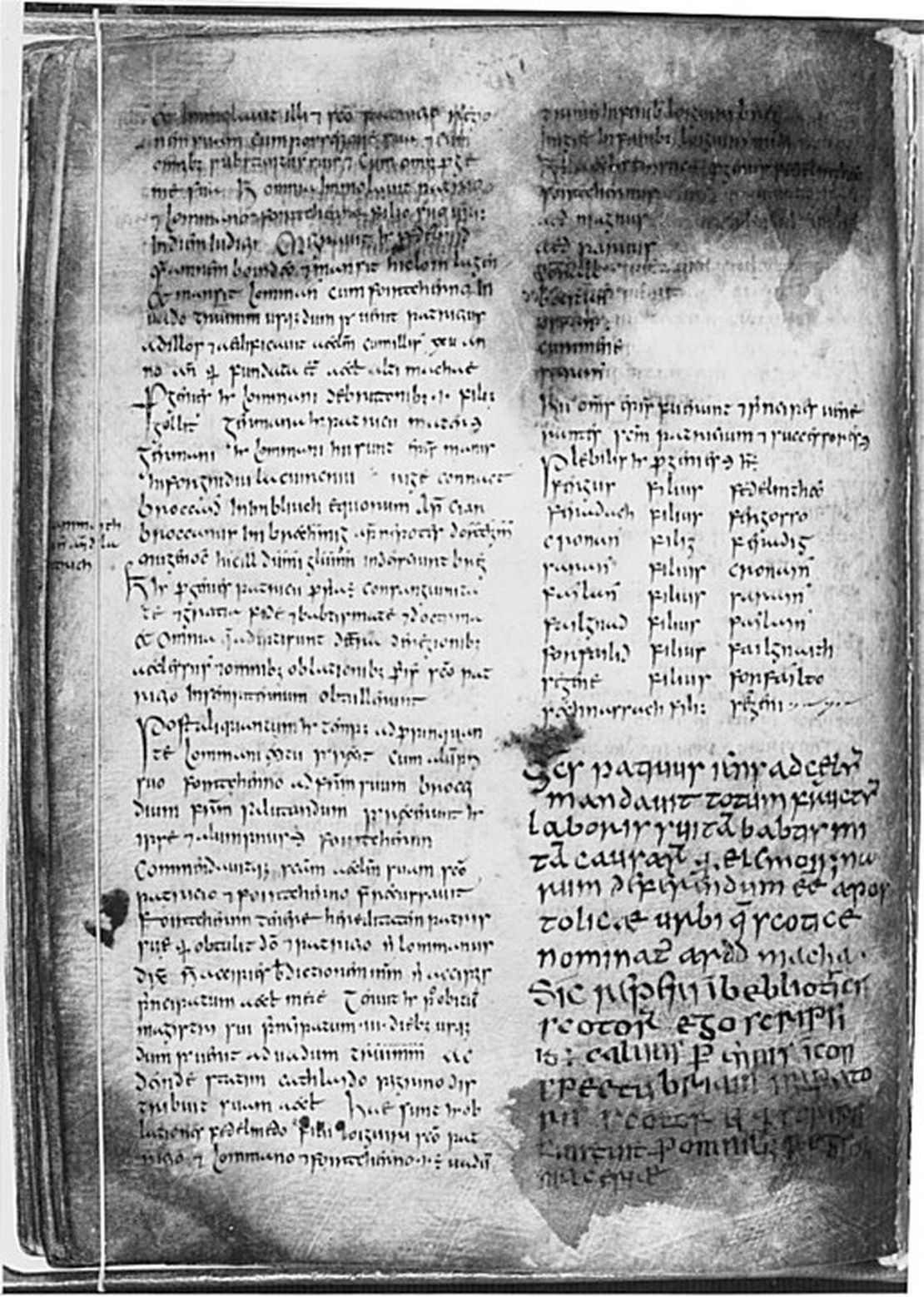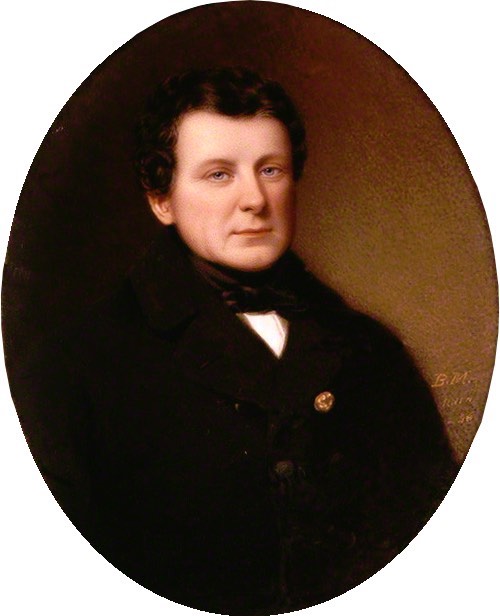- March 16, 1815
William Reeves (16 March 1815 – 12 January 1892) was an Irish antiquarian and the Church of Ireland Bishop of Down, Connor and Dromore from 1886 until his death. He was the last private keeper of the Book of Armagh and at the time of his death was President of the Royal Irish Academy.
William Reeves, was a distinguished figure in the 19th-century Irish Anglican Church and an esteemed historian and antiquarian. He made significant contributions to the study of Irish ecclesiastical history and was particularly renowned for his scholarly work on the ancient texts and saints of Ireland.
Reeves was ordained in the Church of Ireland and served in various ecclesiastical positions throughout his career, eventually becoming the Bishop of Down, Connor, and Dromore. However, it was his work as a historian and antiquarian that left a lasting impact. He had a deep interest in the medieval history of Ireland, focusing on the early Christian period and the role of the church in Irish society.
One of Reeves’s most notable works is his edition of “Adamnan’s Life of St. Columba,” which remains a valuable resource for scholars studying early Irish Christianity and the monastic traditions of the time. His meticulous research and dedication to historical accuracy helped illuminate the life of St. Columba and the early Irish church’s history, contributing significantly to the field of Irish ecclesiastical history.
Throughout his life, Reeves amassed an impressive collection of manuscripts and historical documents, which he utilized in his research and writings. His scholarship was recognized by his election to various learned societies, including the Royal Irish Academy, where he contributed to the preservation and study of Ireland’s historical and cultural heritage.
William Reeves’s legacy extends beyond his ecclesiastical career to his substantial contributions to understanding Ireland’s rich ecclesiastical past. His work continues to be referenced by historians and researchers delving into the complexities of Ireland’s early Christian era.

 ← Daniel O'Connell, having kills Norcot d'Esterre in a duel fought on this date
← Daniel O'Connell, having kills Norcot d'Esterre in a duel fought on this date Union Bank of Scotland opened →
Union Bank of Scotland opened →